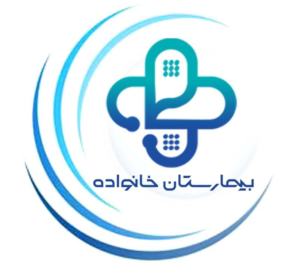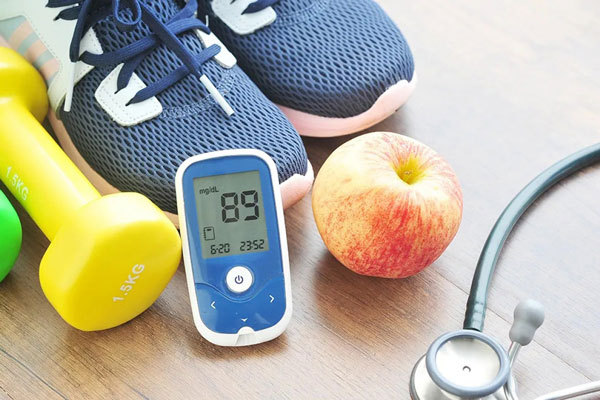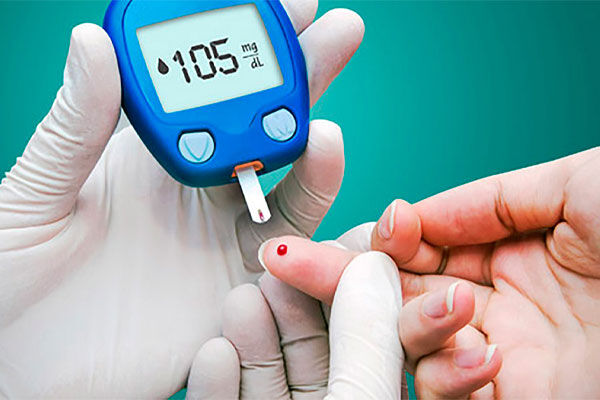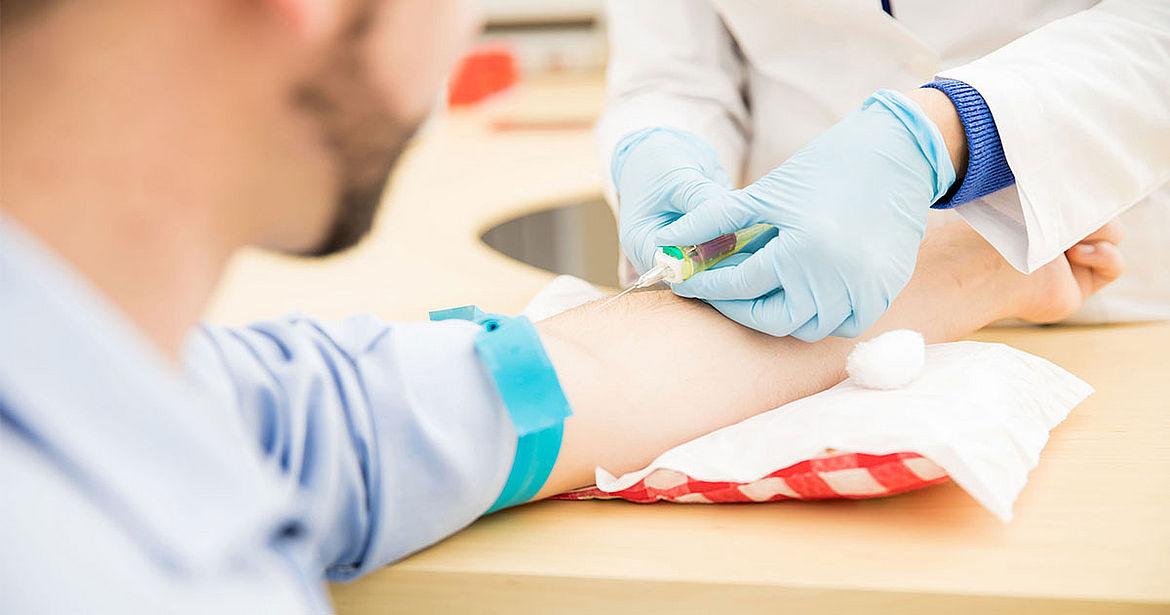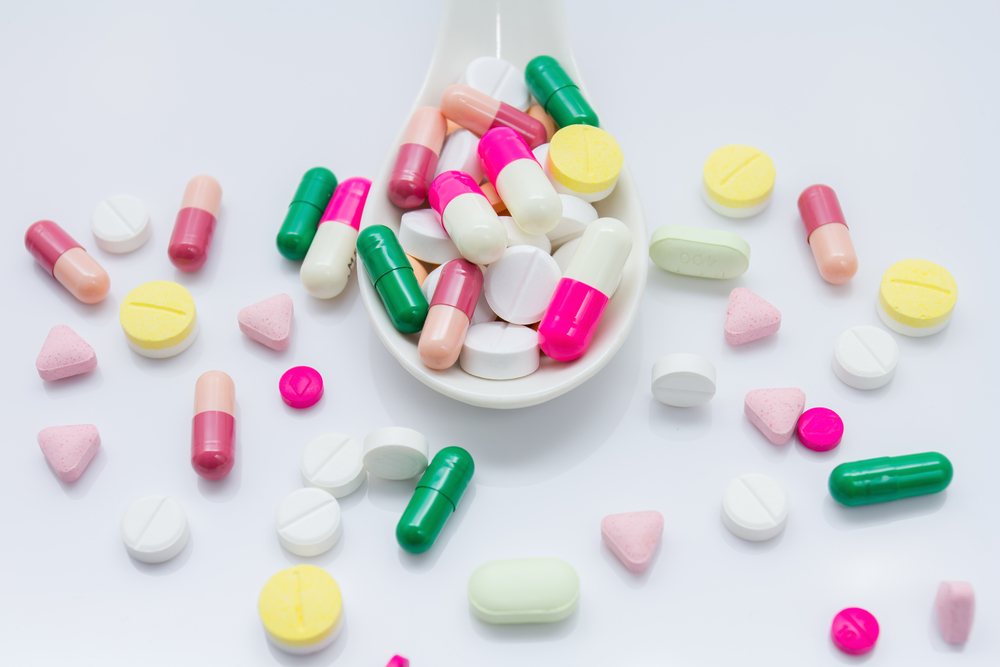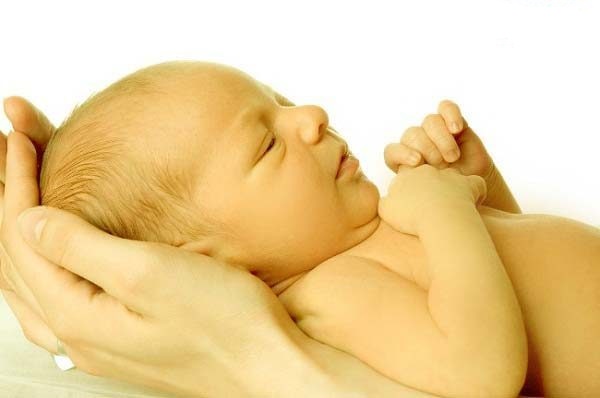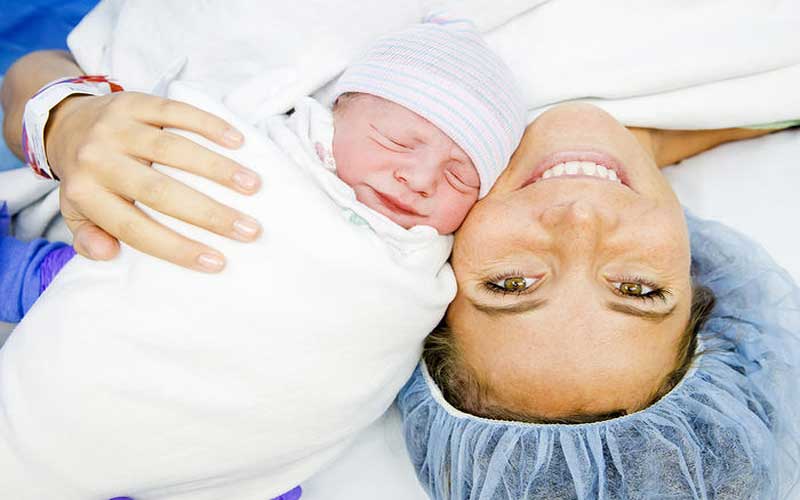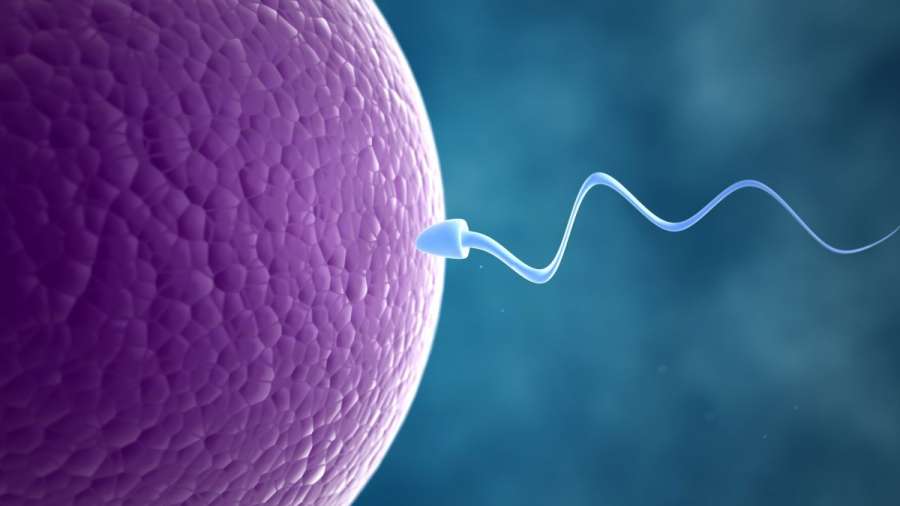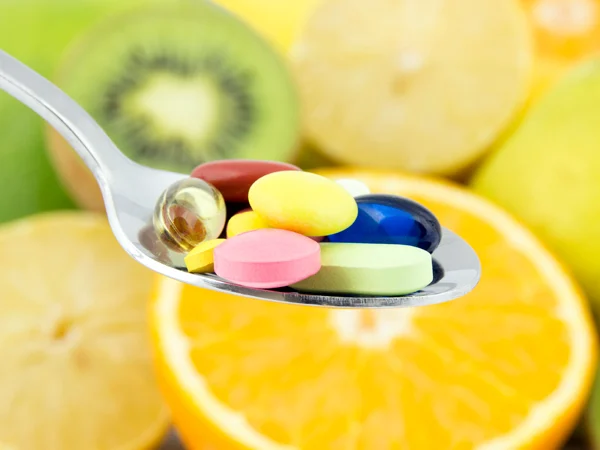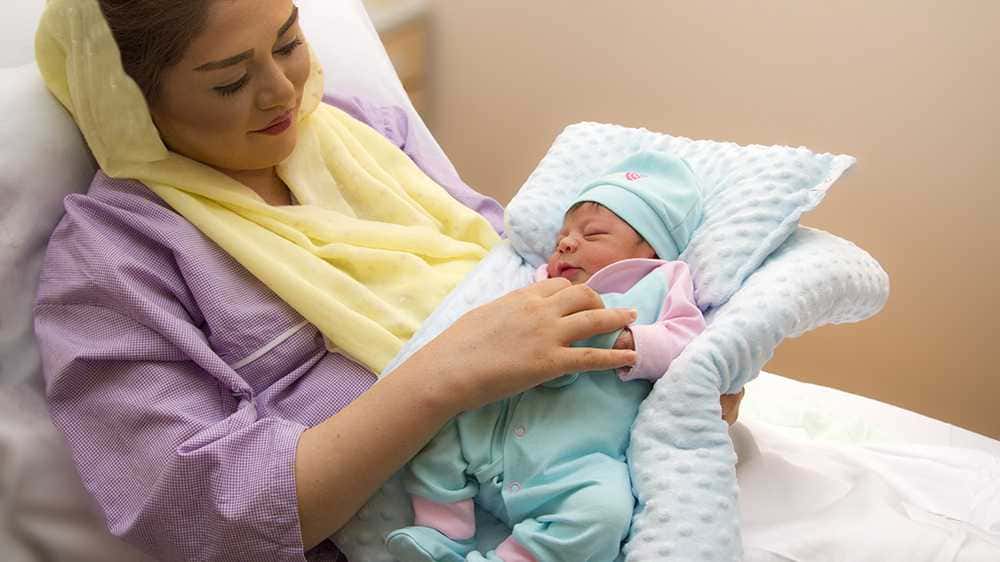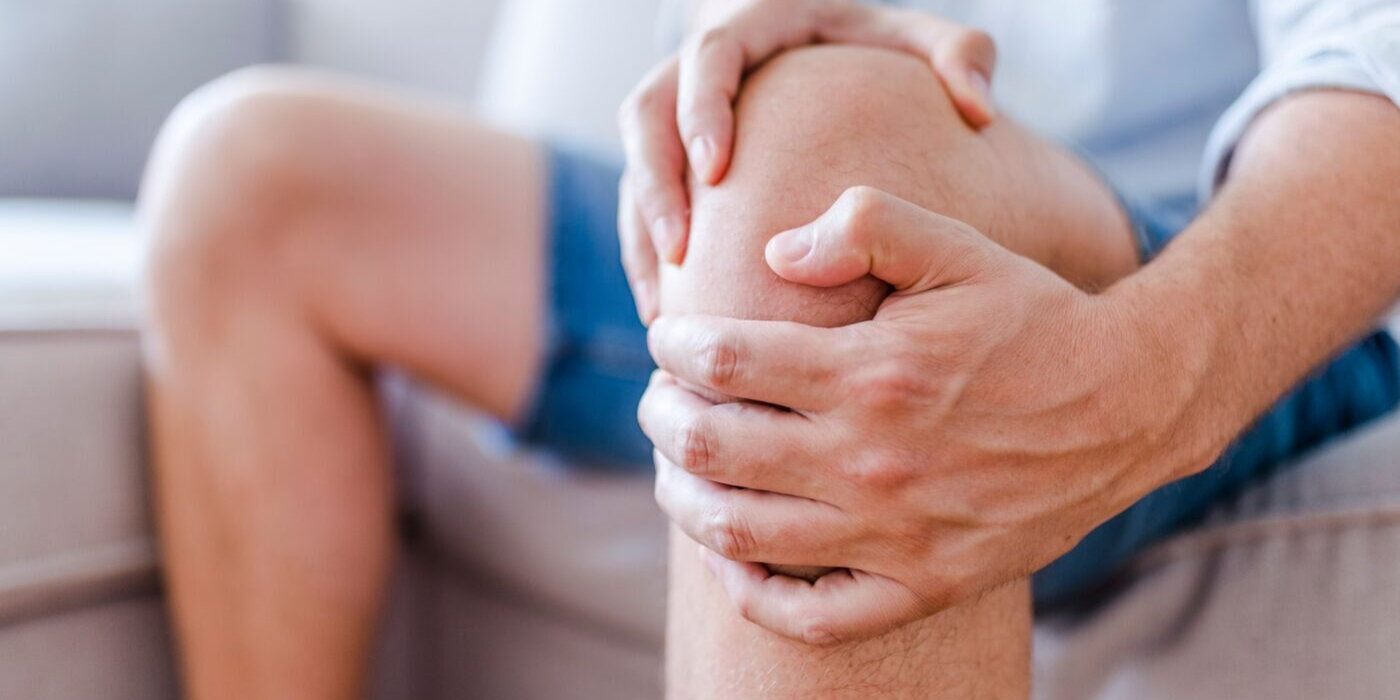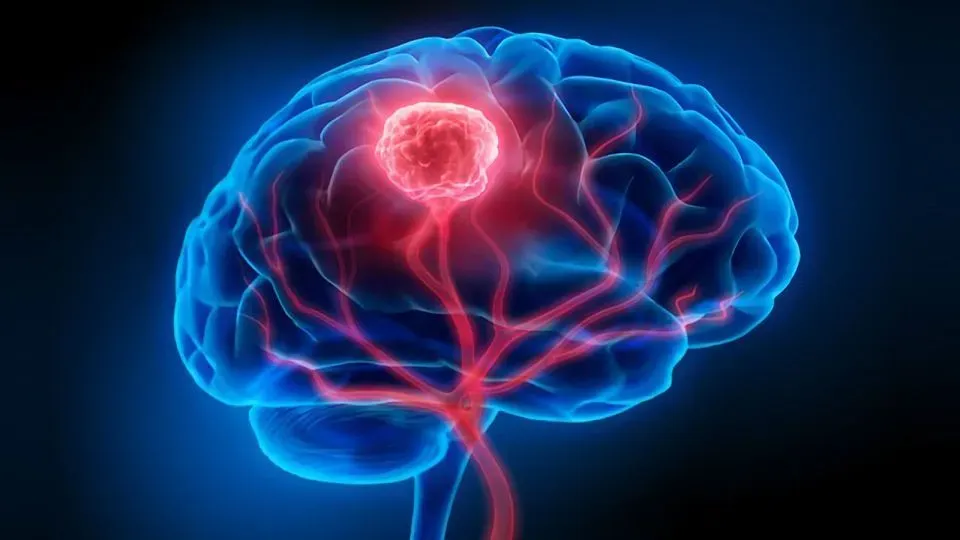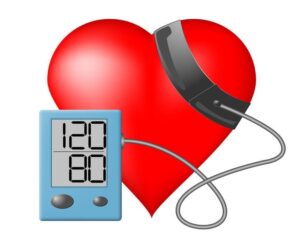Diabetes and its types
Diabetes and its types : Diabetes is a chronic disease that occurs due to the decrease or lack of insulin secretion in the body or due to the inability of the body to use insulin. Insulin is an important hormone that is secreted from the pancreas and plays an important role in converting food into energy. If diabetes is not well controlled, high blood sugar for a long time will cause damage to various organs of the body and disrupt the immune system. So that the nerves, kidneys, eyes, blood vessels and heart are all at risk and the person’s ability to fight infections is reduced. By following a healthy eating pattern, accurate blood sugar control, regular physical activity, blood pressure control and blood fat levels, many of these complications can be controlled, and in this way, diabetic patients can enjoy a healthy life with a normal lifespan.
Types of diabetes:
Type 1 or insulin-dependent diabetes or juvenile diabetes:
In the body of these people, insulin is not made or secreted in a small amount, as a result, significant amounts of sugar remain in the blood stream and type 1 diabetes occurs. In the fasting state, the normal blood sugar level of most people is between 70 and 110 mg/dL. If a person’s fasting blood sugar is 126 mg/dL or higher on two occasions, he has diabetes, and if the blood sugar is between 110 and 125 mg/dL, it is a sign of borderline diabetes.
Symptoms:
- Drunkenness and thirst
- Frequent urination and nocturia in children
- Overeating and hunger
- Weight Loss
- Weakness and fatigue
- nausea and vomiting
- blurred vision
Type 2 diabetes or non-insulin dependent diabetes or adult diabetes:
In this type of diabetes, there is resistance to the action of insulin, and blood sugar is controlled for a long time by using oral blood sugar-lowering tablets, but eventually insulin injections are needed. Insulin injection depends on the level of blood sugar and the severity of the disease.
Blood sugar test:
Regularly measuring blood sugar according to the schedule (twice a day: once fasting and once two hours after eating) and writing down the results will help you discover the usual changes in your blood sugar. If you receive insulin, blood sugar should be measured periodically (blood sugar measurement with a glucometer at home is acceptable).
Actions needed at the time of hypoglycemia:
If symptoms of hypoglycemia occur and a glucometer is available, the patient’s blood sugar should be checked immediately, and in case of low blood sugar (sugar less than 70 mg/dL), sweet liquids such as orange juice should be consumed. If a glucometer is not available, do one of the following:
- Decreased physical activity
- Consume 3 to 4 sugar cubes
- Consuming 2 to 3 chocolates or candies
- Take a tablespoon of honey
- Consume a glass of juice and see a doctor as soon as possible.
Symptoms of low blood sugar:
A blood sugar drop of less than 70 mg/dL occurs as a result of high activity, high insulin consumption, or not eating a meal, which causes the following symptoms:
- Feeling hungry and headache
- Weakness and trembling of the hands, knees and burning sensation in the hand
- Pale skin and sweating
- Heart palpitations, blurred vision and black eyes
- Heartburn while fasting
- Nausea and tingling of the tongue and edge
- Anger, anxiety and irritability
